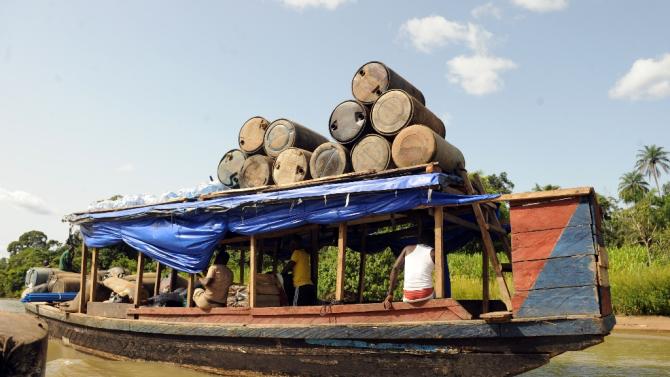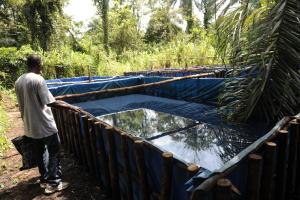About 30,000 former rebel fighters were enrolled in the government amnesty programme after they turned in their weapons in 2009 in exchange for training and salaries for ex-militants and provision of infrastructure in the region.
Former president Umaru Yar'Adua granted unconditional amnesty to the ex-rebels, who fought against government's inability to provide basic facilities to millions living in dire poverty in the region.
Besides provision of some of these facilities, hundreds of them were sent on retraining programme within and outside the country under the scheme.
But
since President Muhammadu Buhari came into office in late May, many of
the former militants, including those studying abroad on government
scholarship, have complained of not receiving their monthly salaries and
allowances.
Kuku's
departure and the delay in appointing his successor are largely seen as
responsible for the problems the former militants are encountering in
receiving their pay.
"With the appointment of a new coordinator
for the amnesty programme, the ex-militants will be assuaged and the
scheme will be put back on the right track," Owei Derioteidou, a civil
servant from the region, told AFP.Buhari late Tuesday appointed retired Brigadier General Paul Boroh, also from the same region, to replace Kuku.
"The appointment of a new coordinator for the amnesty programme is expected to lead to the speedy resolution of recent hitches in its implementation such as non-payment of outstanding allowances to ex-militants," a statement from Buhari's office said.
Boroh was a former commandant of the Nigerian army peacekeeping centre.
The amnesty programme is expected to end this year.


No comments:
Post a Comment